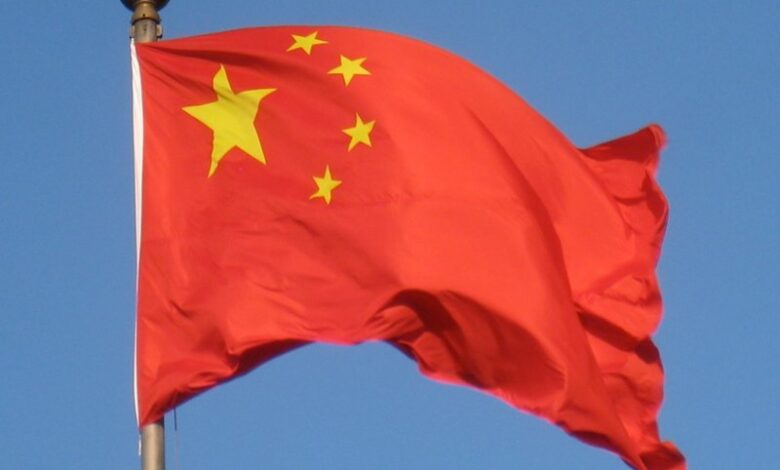China Implements Blockchain-Enabled Verification for 1.4 Billion Citizens

Despite strict regulations on cryptocurrency trading in China, major tech players Tencent and Huawei have showcased their presence in the Web3 domain at global conferences. China’s Blockchain-based Service Network (BSN), a national-level initiative, intends to employ blockchain technology to verify the identities of its 1.4 billion citizens.
As per a December 12 Business Insider report, China’s Ministry of Public Security leads the RealDID initiative, aiming to introduce the first decentralized identity system at a national level.
RealDID’s launch will revolutionize user authentication by enabling anonymous website registration and login via Decentralized Identity (DID) addresses and private keys. This approach safeguards business data, separating it from personal information, addressing concerns about identity verification security and privacy.
China’s major social media platforms—WeChat, Sina Weibo, Douyin, Kuaishou, Bilibili, and Xiaohongshu—now mandate content creators with substantial followings to disclose their real identities or their financial backers. This move aims to enhance credibility and public oversight of online content, benefiting from RealDID’s implementation.
BSN China, operated by the National Information Center in collaboration with tech giants China Mobile and China UnionPay, handles domestic operations. Simultaneously, BSN Global, a distinct entity, manages international operations with its own security protocols.
RealDID’s implementation marks a global blockchain milestone as the world’s first national-level decentralized real-name identity system.
In contrast, while US lawmakers have proposed a bill limiting federal officials from transacting with China-based blockchain firms, China’s Institute of Forensic Science, under the Ministry of Public Security, has been excluded from US trade sanctions.





